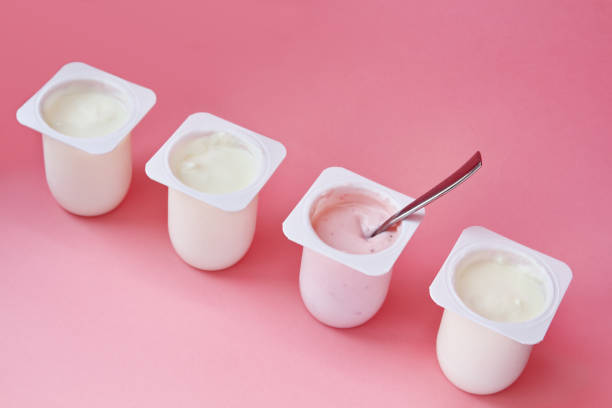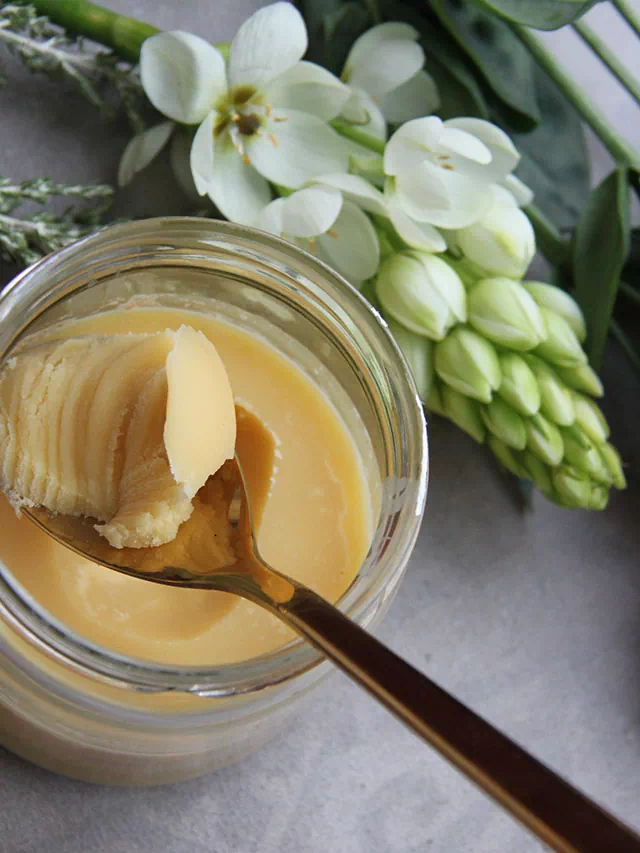Are you ready to learn about the benefits of ghee and why it may be a healthier choice than butter? In this discussion, we will explore the differences between ghee and butter, and how ghee may offer certain health advantages. We will also discuss the best ways to incorporate ghee into your diet and any potential concerns to keep in mind. So let’s dive in and learn more about this unique and nutritious ingredient!
Ghee is a type of clarified butter that is made by simmering butter to remove the milk solids and water. The process of clarifying the butter results in a product that is higher in fat and lower in lactose and casein compared to regular butter. This makes ghee a suitable option for people who are lactose intolerant or have sensitivities to milk proteins.
Some people also believe that ghee has a number of health benefits, including improving digestion, reducing inflammation, and helping with weight loss. However, it is important to note that ghee is still a source of saturated fat and should be consumed in moderation as part of a healthy, balanced diet.
Here are a few reasons why ghee is considered healthier than butter:
Ghee is rich in butyrate
Butyrate is a type of short-chain fatty acid that has been shown to have anti-inflammatory effects and may be beneficial for gut health. Ghee is a rich source of butyrate, and some studies have suggested that consuming ghee may help to improve gut health and reduce the risk of certain diseases such as irritable bowel syndrome (IBS).
Ghee is rich in fat-soluble vitamins
Ghee is a rich source of fat-soluble vitamins, including vitamin A, vitamin D, and vitamin E. These vitamins are important for maintaining good health and may have a range of health benefits, including supporting immune function, bone health, and eye health.
Ghee has a high smoke point
The smoke point of a fat is the temperature at which it begins to break down and produce smoke. Ghee has a high smoke point of 250°C, which makes it suitable for high-heat cooking methods such as sautéing, frying, and grilling.
Ghee is lactose and casein-free
Ghee is made by removing the milk solids and water from butter, which makes it lactose and casein-free. This makes it suitable for people who are lactose intolerant or have a milk allergy.
Ghee may have a longer shelf life
Because ghee has had the milk solids and water removed, it is less prone to spoilage and may have a longer shelf life than regular butter. This means it can be stored for longer periods of time without the risk of it going rancid.
Remember, ghee is a source of saturated fat and should be consumed in moderation as part of a healthy, balanced diet balanced diet, it may offer some unique health benefits compared to regular butter. If you are interested in incorporating ghee into your diet, it is always a good idea to speak with a healthcare professional or a registered dietitian for guidance and recommendations. If you are interested in trying ghee or incorporating it more into your cooking, be sure to choose a high-quality, pure product and consider the potential impact on your overall dietary intake of saturated fat.

